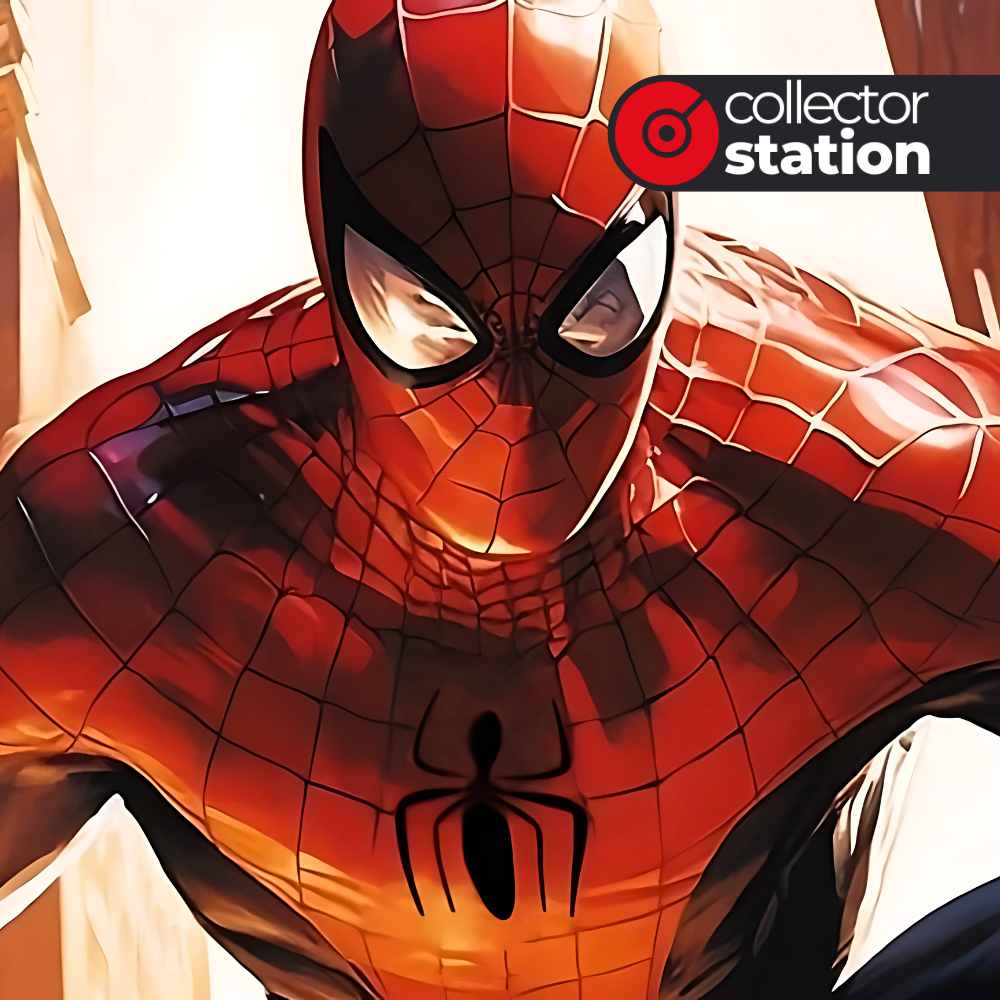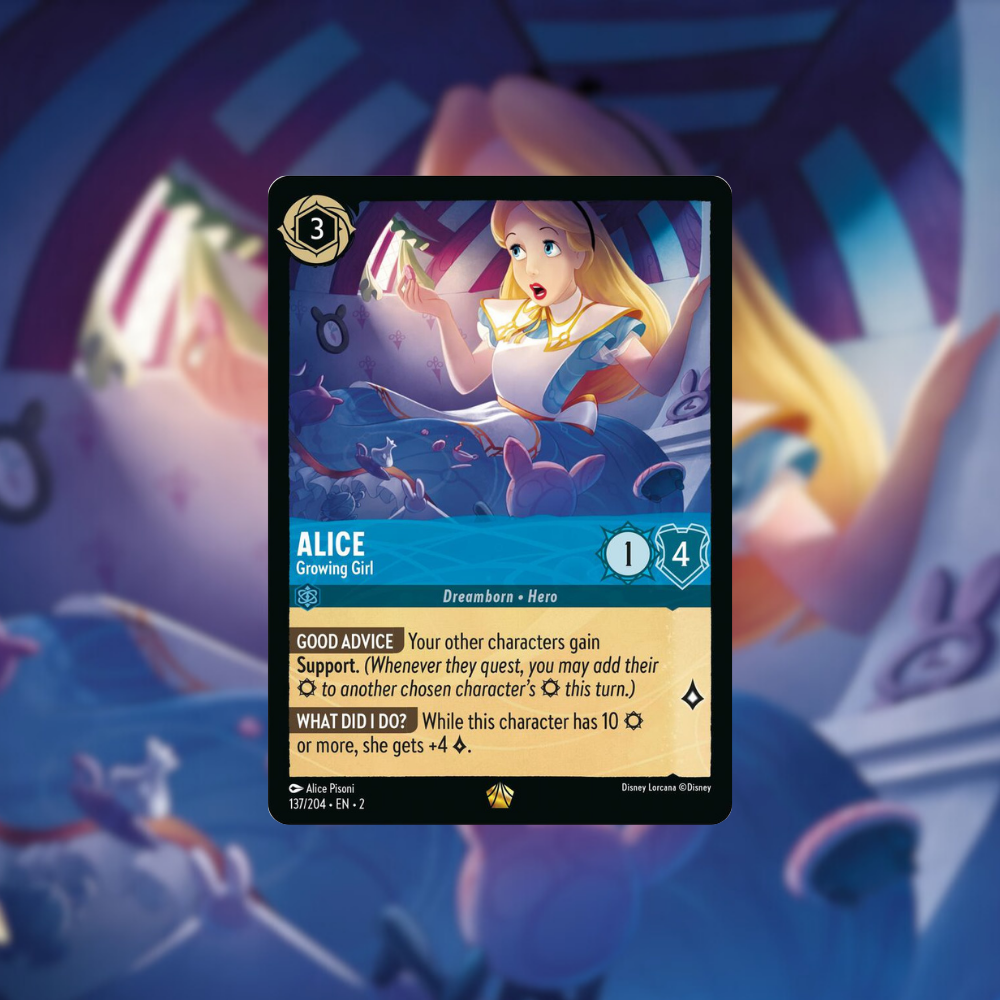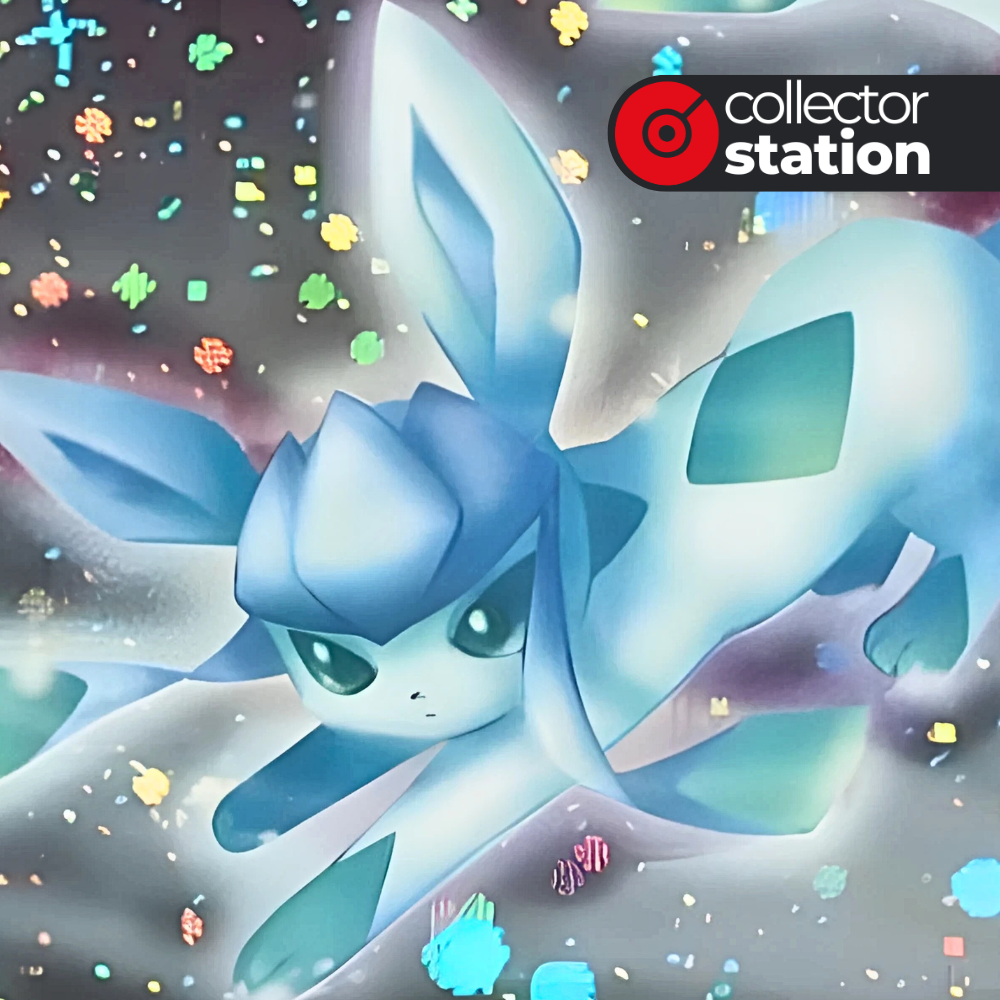Spider-Man’s Magic: The Gathering is at the center of a major shake-up announced by Wizards of the Coast on April 21st—one that will permanently change how licensed Magic sets work. The upcoming Marvel Spider-Man set, scheduled for a September release, will not appear on either Magic Arena or Magic Online due to licensing restrictions.
Instead, Wizards is creating a digital-only companion set called Through the Omen Paths—a mechanically identical mirror of the physical Spider-Man set, but with completely different names and artwork. Every single paper card will have a digital counterpart with the same rules text but zero Marvel branding.
This is more than just a quirky workaround. It’s a structural change that fractures the connection between MTG’s physical and digital ecosystems, with long-term consequences for how the game is played, collected, and experienced.
A Permanent Split Between Paper and Digital
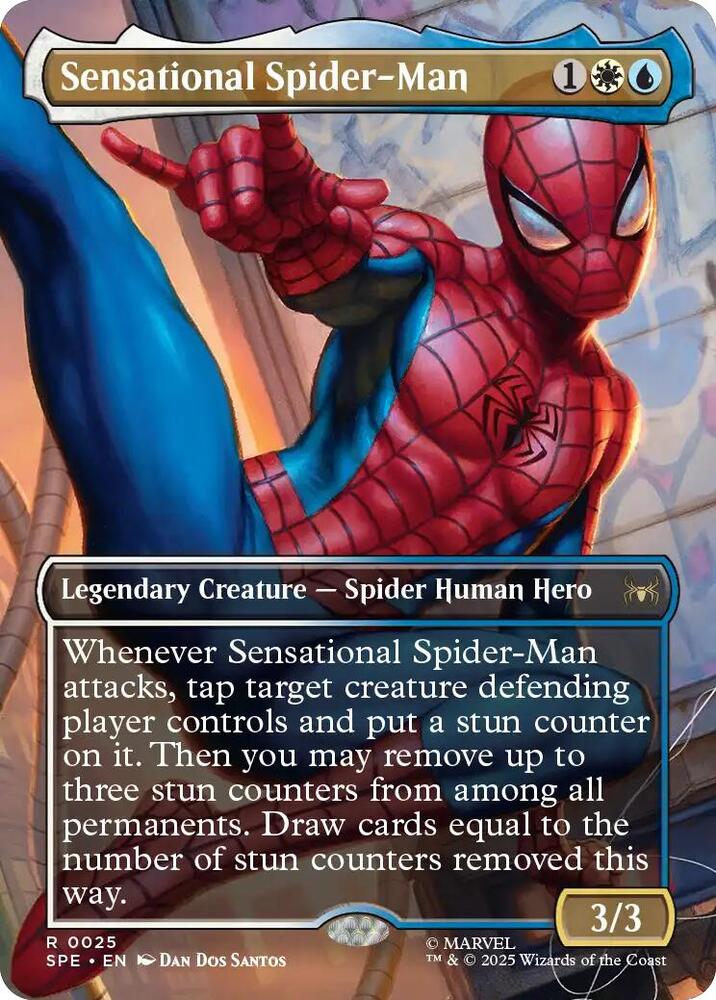
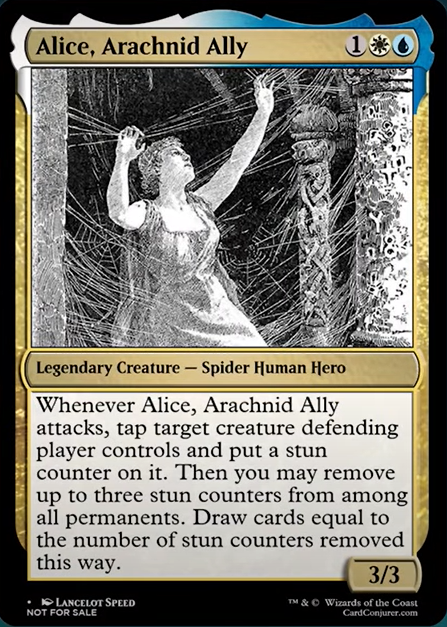
Historically, Magic’s greatest strength has been the unified card pool across platforms. Whether you played in paper or on Arena, a card’s name, art, and text were identical. Decklists translated seamlessly, and the meta evolved in sync.
The Spider-Man set shatters that cohesion. Now, a player building a paper Spider-Man deck will need to manually translate it into Through the Omen Paths for online play. Card names, art, and even flavor context will be entirely different, making the conversion tedious and error-prone.
And this isn’t a one-off. Wizards has confirmed this approach will apply to all future Marvel sets—and potentially any licensed set with restrictive digital rights.
Double the Cards, Double the Confusion
For competitive players, learning two sets of names for identical cards is an inconvenience. For newcomers, it’s a wall.
Universes Beyond sets were marketed as a way to attract new audiences through familiar worlds like Marvel. Yet if a Spider-Man fan tries Arena after buying the paper set, they won’t see the cards they recognize. Instead, they’ll face a roster of unrelated fantasy characters with the same mechanics but no Marvel theming.
That’s a sharp mismatch between marketing and actual experience—and it risks alienating the very audience this collaboration was meant to reach.
Disney’s Digital Grip
The most likely culprit? Disney’s control over Marvel’s digital rights. Marvel Snap has been a massive success, and it’s plausible Disney isn’t interested in sharing its digital card game space with Wizards.
This creates a clear example of corporate licensing clashing with player experience. Wizards can fully control the physical release but is forced to re-skin cards for the digital realm, leading to the fractured system we now face.
Profit Now, Problems Later
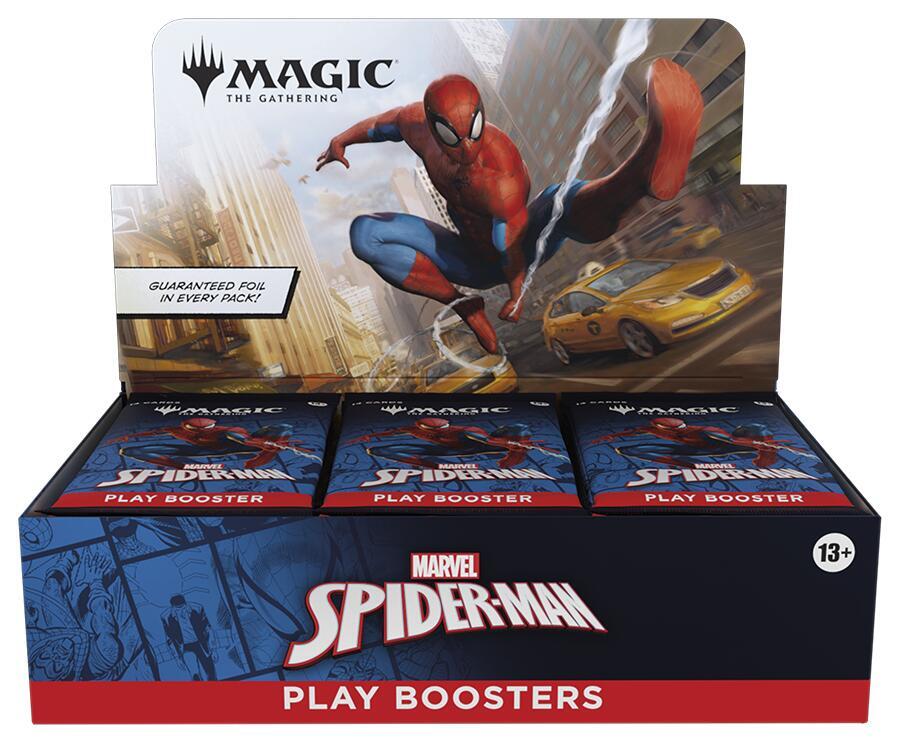
From a business perspective, Wizards’ willingness to proceed makes sense. Marvel branding will drive paper sales, even if the digital version is a stripped-down copy.
From a player perspective, it’s a different story. This decision adds friction to gameplay, deck building, and competitive events. It erodes trust that Wizards will prioritize game health over short-term revenue.
Until now, Universes Beyond crossovers were mostly cosmetic changes that didn’t disrupt gameplay. This is the first time a crossover actively worsens the player experience.
The Precedent for Future Sets
Through the Omen Paths isn’t just about Spider-Man. This model could hit future crossovers—Star Wars, Zelda, Final Fantasy—anything with restrictive digital rights. Each would introduce a fresh batch of cards that exist in two incompatible versions.
That would fragment the player base even further, making it harder for the Magic community to stay connected across formats and platforms.
Impact on Competitive and Casual Play
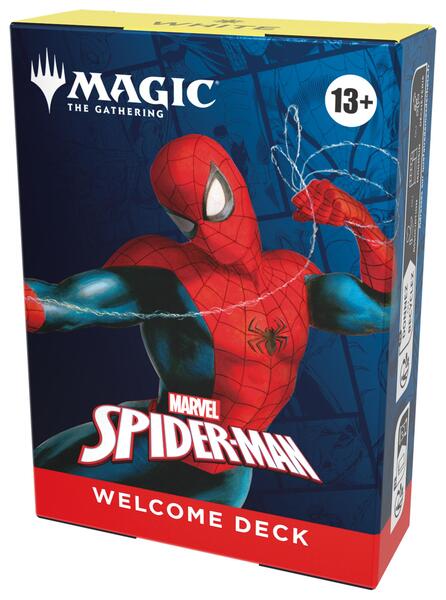
The split has ripple effects across both casual and tournament play:
- Drafting and Sealed: Paper and digital drafts will be visually and thematically different, making shared discussions about draft strategies less relevant.
- Deck Sharing: Converting a paper decklist to Arena will require manual replacements, increasing the chance of mistakes.
- Cross-Format Learning: Players can no longer rely on muscle memory for card recognition—names and art won’t line up.
For a game that has thrived on a shared language between platforms, this is a serious step backward.
A Turning Point for Magic
The Spider-Man decision marks a new phase for Universes Beyond: from a creative brand-expansion tool to a force capable of reshaping the game’s infrastructure in ways that hurt players.
It’s a cautionary tale of what happens when licensing limitations dictate design decisions. If profit continues to outweigh gameplay quality, Magic risks alienating its existing community while failing to convert the new audiences these collaborations target.
For now, the Spider-Man set is still coming in September. But it arrives with a warning: the health of Magic’s ecosystem depends on keeping paper and digital aligned—and Wizards just broke that link.

Disclaimer: TCGplayer links on this page use a referral system that helps support the content—at no extra cost to you.

